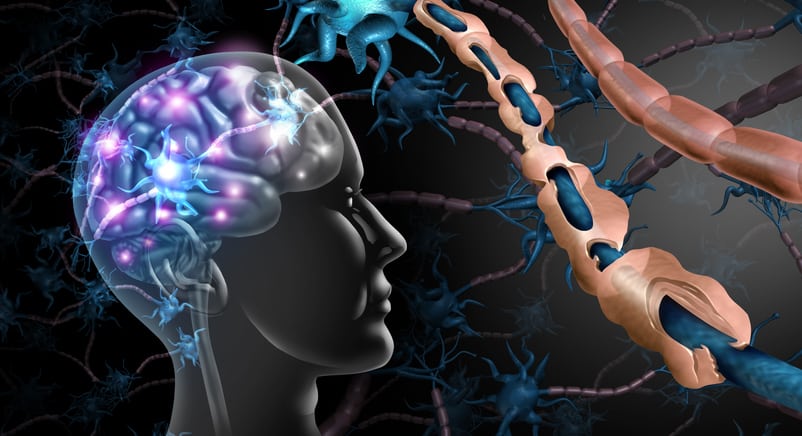Medications for opioid use disorder (MOUD) and recovery homes that have traditionally served those not taking medications for their recovery are important resources for treating opioid use disorder. However, little is known whether such recovery homes are a good fit for persons utilizing MOUD, and whether residents’ characteristics such as drug histories and the composition of recovery homes in terms MOUD and non-MOUD residents are related to attitudes toward MOUD. The present investigation examined characteristics of persons utilizing MOUD, and attitudes regarding MOUD utilization among residents living in recovery homes (Oxford Houses, OH) in the U.S. consisting of MOUD and non-MOUD residents. Residents living with others who were utilizing MOUD reported more favorable attitudes than residents who were not living with such residents, but this was observed only among residents whose primary drug of choice involved heroin or opioids. There were no significant differences observed in terms of abstinence rates, involvement in 12-step groups, or previous MOUD treatments between residents utilizing or not utilizing MOUD. Findings suggest that persons utilizing MOUD benefit by recovery homes such as OHs whose residents have favorable attitudes toward MOUD, especially when living with fellow residents who utilize MOUD.
Medications for Opioid Use Disorder Utilization Among Oxford House Residents.


